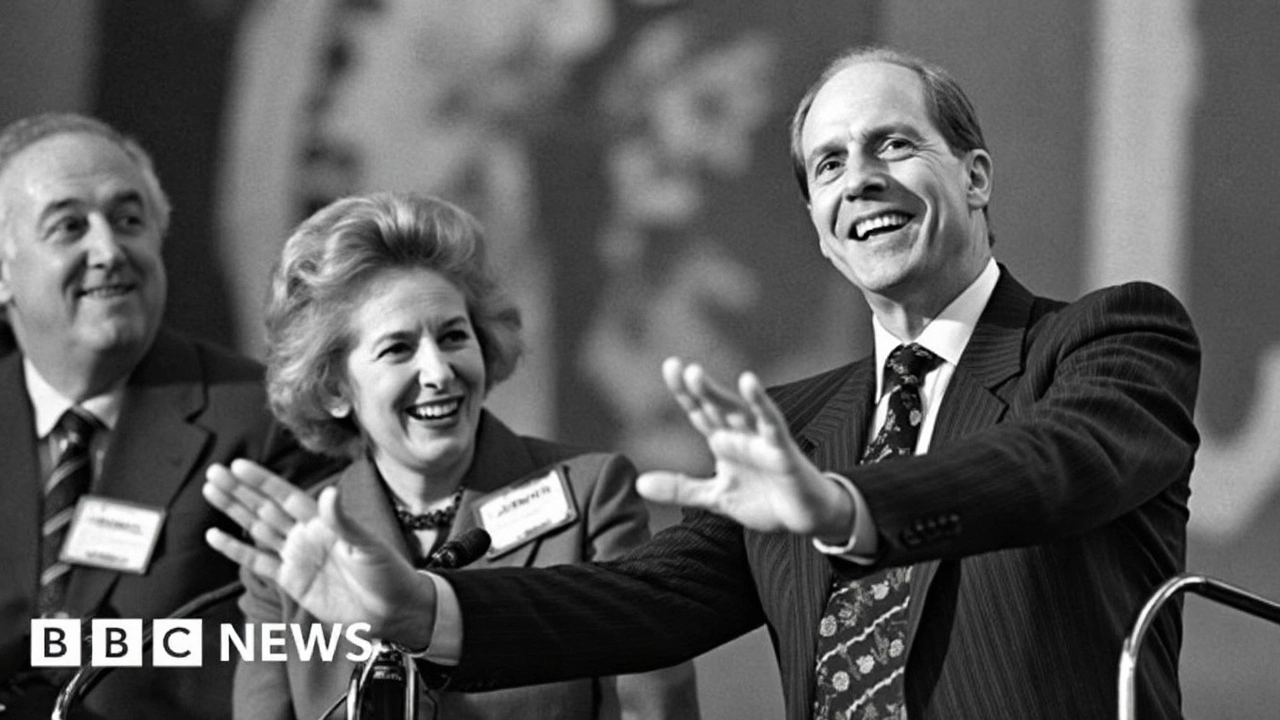The Life and Legacy of Norman Tebbit
Norman Tebbit didn’t just step onto the British political scene—he left a deep mark. Cutting his teeth on the gritty streets of Ponders End, Middlesex, where he was born in 1931, Tebbit knew firsthand what life was like for ordinary working people. This background fed his reputation as a straight-talking, sometimes combative Conservative politician, especially during the turbulent 1980s.
Tebbit first entered Parliament in 1970, representing Epping before moving to Chingford in 1974. For over two decades, he was a constant Conservative presence in Westminster, his sharp wit second only to his relentless drive. His time in Cabinet reads like a roll call of Margaret Thatcher’s stormiest years: Secretary of State for Employment at the peak of Britain’s trade union clashes (1981–1983), Trade and Industry Secretary as British industry was being rapidly reshaped (1983–1985), and then as Party Chairman (1985–1987) shoring up the Conservative base. People in the country either admired him or fiercely disagreed with his views—there wasn’t much middle ground.
What really set Tebbit’s story apart, though, was the night in 1984 when the IRA targeted the Conservative Party Conference in Brighton. As the bombs went off, Tebbit and his wife, Margaret, were caught in the chaos. She was left permanently disabled, and Tebbit’s own injuries were serious—but his immediate concern was always for her. This tragedy changed everything. Soon after, he began stepping back from the brutal front line of politics to care for Margaret, showing a side far more personal than most people ever saw from television or the House of Commons dispatch box.
Tebbit didn’t just walk away, though. Even after frontbench life ended, he kept a sharp interest in Conservative affairs. There was a moment in 1990 when he almost threw his hat in the ring for party leader, but loyalty to his promise to retire, and his family, kept him out. That loyalty to Margaret shaped much of the next chapter of his life.
From Parliament to Peerage
In 1992, Tebbit was granted a life peerage, taking the title Baron Tebbit of Chingford. He continued to voice his opinions—rarely sugarcoated—from the benches of the House of Lords. Even in the upper chamber, his presence was hard to ignore. The Tebbit Test, an infamous line questioning the England allegiance of immigrants—‘Which side do they cheer for at cricket?’—remains one of his most quoted (and controversial) remarks.
He finally stepped away from the Lords in March 2022, closing out more than fifty years in active political life. By then, he’d outlived most of his fiercest rivals and seen his policies both vilified and praised through countless cycles of British politics. But to label Tebbit just as Thatcher’s enforcer or the survivor of a terrorist bombing misses the point. He was a product of his time—a time tough on unions, tough on terrorism, and fiercely divided. His views sparked angry debate, and for a generation of Conservatives, he became a hero—tough, sometimes gruff, and absolutely unwavering.
Norman Tebbit’s death at 94 marks the end of a chapter not only in the Conservative Party but also in British political history itself. His story—his rise from humble roots, his Cabinet battles, his family tragedy, and later, his role as one of Britain’s best-known political peers—is a snapshot of the country’s post-war era, both at its proudest and at its most brutal.
